Janice M. McCabe
All rights reserved. Published 2016.
Names: McCabe, Janice M., author.
Title: Connecting in college : how friendship networks matter for academic and social success / Janice M. McCabe.
Description: Chicago ; London : The University of Chicago Press, 2016. | Includes bibliographical references and index.
Identifiers: LCCN 2016012481 | ISBN 9780226409498 (cloth : alk. paper) | ISBN 9780226409528 (pbk. : alk. paper) | ISBN 9780226409665 (e-book)
Subjects: LCSH: College studentsSocial networksUnited States.
Classification: LCC LB3607 .M33 2016 | DDC 378.1/980973dc23 LC record available at http://lccn.loc.gov/2016012481
Figures
Sociogram representing the tight-knitter network type (Adriana)
Sociogram representing the compartmentalizer network type (Jim)
Sociogram representing the sampler network type (Steve)
Number of friends in students networks
Students self-placement on the academic-social scale
Students self-placement on the academic-social scale by network type
Average GPA for each position on the academic-social scale
Albertos friendship network
Keishas friendship network
Marys friendship network
Julias friendship network
Whitneys friendship network
Martins friendship network
Amandas friendship network
Albertos friendship network after college
Marys friendship network after college
Martins friendship network after college
Tables
Typology of network types
Characteristics of my participants and students at MU and peer institutions
Patterns in network density by racial identity
Selected characteristics of higher-achieving and lower-achieving tight-knitters
Academic outcome by network type
Selected characteristics of compartmentalizers
Selected characteristics of samplers
Characteristics of after-college networks by during-college network type
Network type during and after college
Selected characteristics of higher-achieving and lower-achieving tight-knitters after-college networks
Characteristics of participants by network type
Some friends were beneficial to my career. Other ones were just troublemakers and totally discouraged me from studying. But my really close friends were really good motivators and were like, Hey, lets go to the library [or] Hey, we have to get up early and study.
Betsy
Like Betsy, many college students rely on their friends for more than just having fun. But surprisingly, we know very little about what college students friendships look like, or how they might benefit from these friendships, socially and academically, in the short and the long term. At a time when only four out of 10 students graduate from four-year colleges within four years (DeAngelo et al. 2011), understanding friendships may assist students and institutions in drawing on friends benefits and avoiding their pitfalls. In this book, I explore how friendship networks matter for college students lives both during and after college. In doing so, I identify different types of friendship networksfor instance, the extent to which young people have tight, cohesive friendship groups or move effortlessly among different social circlesand how these networks are associated with social and academic success for students from different race, gender, and class backgrounds. As we see with Betsy, the benefits of friendship are not the same for all friends. These benefits also are not the same for all students. I find instead that friendship network type influences how friends matter for students academic and social successes and failures. Consider the following three students whom I met during my research for the book.
Alberto was a fifth-year college student at a public four-year university in the midwestern United States, which I will refer to as MU (Midwest University). man on a predominantly white campus. He joined several campus organizations, including a Latino fraternity. Alberto formed a tight-knit friendship group that brought together friends from home with those he met at MU, and he referred to them as a family. This group provided a range of academic support to Alberto and to each other: they studied together, provided emotional support regarding academics, and engaged in stimulating intellectual conversations. His friends also helped him cope with the race-based marginality he experienced on campus, talking about incidents when professors and peers made what Alberto called derogatory and offensive comments about Latinos. Alberto received tremendous academic and social support from his tight-knit group of friends. Four years after he graduated, Alberto was still close to many of these friends and remained convinced that they had played an important role in his academic success.
I met Mary at the stately sorority house where she had moved earlier that year, at the beginning of her sophomore year. Mary, a white middle-class woman, described her first year at MU, especially the first semester, as a time when she had a lot of problems just adjusting to everything. The presence of thirty thousand undergraduates at MU was overwhelming for her, coming as she did from a high school with about fifteen hundred students. At first, Mary did not feel that she fit in on campus or could make friends in her dorm. For her, joining a sorority was a pivotal moment: she found a sense of belonging within her sorority and felt that it connected her to MU. Most of the friends she made on campus were members of this historically white sorority. Mary also maintained a large group of friends from home whom she had known since high school, junior high school, or even elementary school. While Marys friends from home were strictly social friends, friends in her sorority also provided some emotional support regarding academics. Her main source of academic support, however, came from acquaintances, not friends; she studied with acquaintances she met in class and they shared notes and quizzed each other before exams. The second time I interviewed her, Mary was starting her third year in a PhD program in a nearby state. While most of her friends were not those she had had five years earlier, she still described having different groups of friends: she received social support from friends from home and from a few friends from her MU sorority, and she received academic emotional support from her graduate school friends.
Martin was working, checking out video cameras and recorders to students, when I met him. He is a black man from a lower-class background and was in his fourth and final year at MU. He described himself as making friends effortlessly regardless of the setting. At MU, Martin made friends in many places, including his first-year dorm, the campus newspaper, and a theater group. He also remained in close contact with two friends from his hometown church and three family members, counting them among his list of friends. Like Alberto, he experienced race-based isolation. Martin often felt hypervisible as the only black man in his classes, campus organizations, and social events. Yet at events with other black students, he also described feeling as if he did not fit in. Several times during the interview, he rhetorically asked, Where do I belong? But unlike Alberto, Martin rarely discussed this isolation with his friends, and Martin also felt lonesome in his academic pursuits. Thus, despite having many friends and being involved on campus in a range of student organizations, Martin felt alone socially and academically at MU. When I interviewed him five years later, he had maintained friendships with only two of the people he had mentioned during college, but despite moving to four different states, he had crafted a tight-knit friendship network and no longer felt isolated.

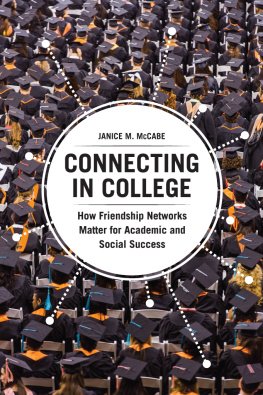



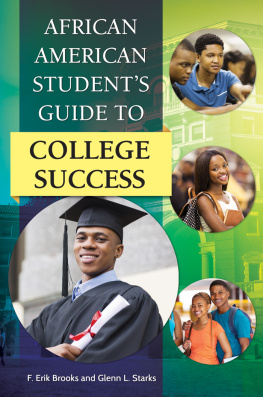
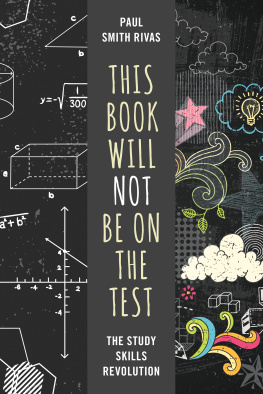

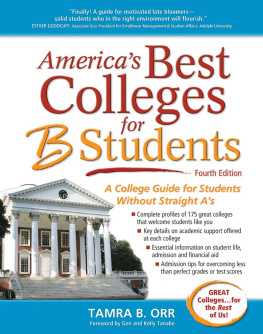
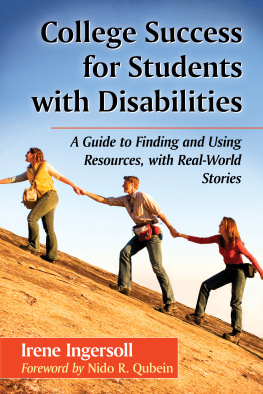
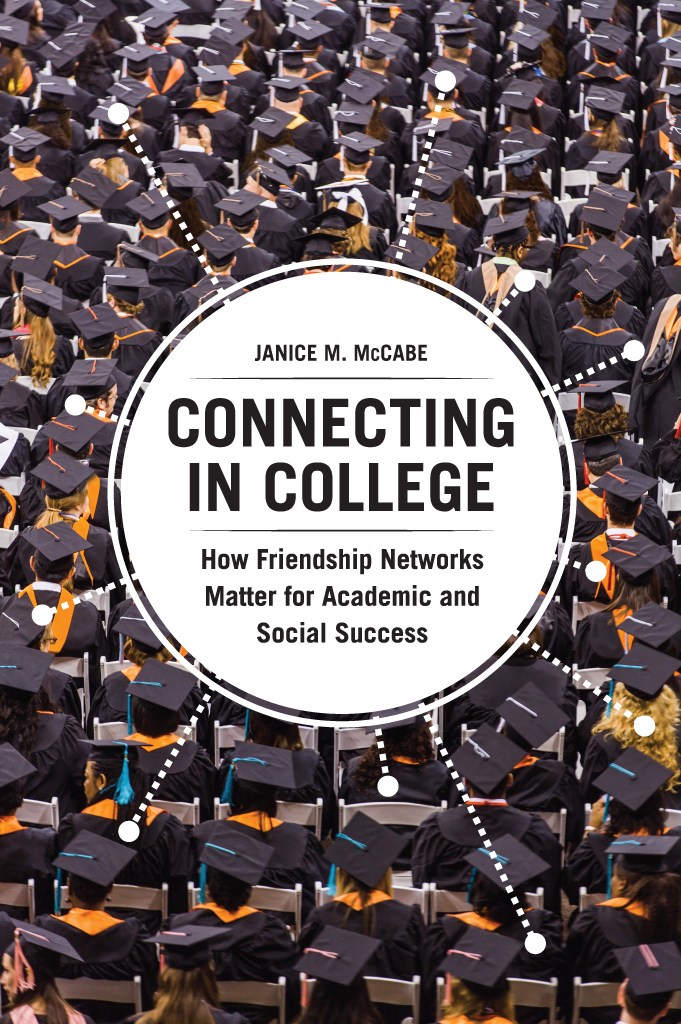
 This paper meets the requirements of ANSI/NISO Z39.481992 (Permanence of Paper).
This paper meets the requirements of ANSI/NISO Z39.481992 (Permanence of Paper).